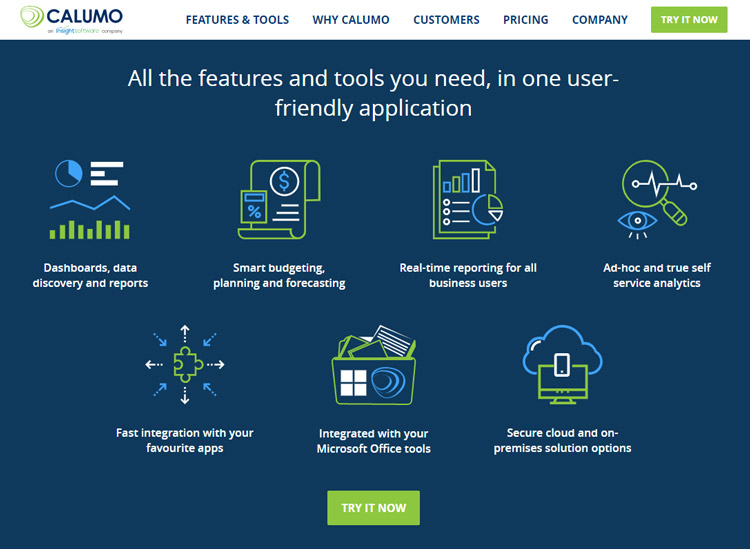As your company’s requirement for reliable, timely, and accessible data grows, so will the number of one-time requests for reports and business intelligence to your IT personnel. Ad hoc reporting and analysis tools enable employees throughout your organization to efficiently access and work with data on a self-service basis. Connect the flash drive to your computer and wait for how to recover thm file it to be recognized by the software.
What is Ad Hoc Reporting?
Ad hoc reporting is a report that is only used once. A BI tool can enable everyone in a company to answer a specific business question and display that data in a visual style, without putting additional strain on IT workers.
In many aspects, ad hoc reporting varies from structured reporting. Structured reports use a huge amount of data and are created with the help of a defined reporting template. Ad hoc reports are generated when needed, in a visually appealing manner appropriate for the audience.
Structured reports are created by persons who have extensive technical experience mining and aggregating massive amounts of data using business intelligence tools. Ad hoc reporting is based on relatively smaller amounts of information. This makes it easy for employees inside an organization to report on a specific data point that answers a specific business issue.
What is Ad Hoc Analysis?
Ad hoc analysis enables a user to get insights from a smaller set of data on an as-needed basis in order to address a particular business enquiry. Ad hoc analysis is a rapid way to get insights on the fly, without having to wait for a scheduled report.
Best Ad Hoc Reporting and Analysis Tools
1. InetSoft

Style Intelligence, an InetSoft BI product, includes InetSoft’s patented Data Block technology, which enables data mashups from most data sources. Data mashups are created in real time so that users can access their information as soon as it becomes accessible. Users can personalize their dashboards by adding new data and changing the chart kinds.
One major advantage of this software is that no one needs to be a BI analytics specialist to customize dashboards and reports. Furthermore, the solution is targeted at certain job tasks such as marketing, sales, and supply chain. Marketing, for example, can personalize dashboards to track campaigns and leads.
2. CALUMO

CALUMO software is a corporate performance management and business intelligence platform that is both on-premise and cloud-based, designed primarily for finance teams and their clients. CALUMO provides solutions for metrics and key performance indicators (KPIs), financial forecasting, reporting and analysis, budgeting, and financial consolidations.
Through budgeting and reporting features, the CALUMO software solution assists firms in improving their corporate, operational, and financial reporting. The program combines all of the tools and functionality required by a business into a single platform. CALUMO software’s primary features include real-time reporting, dashboards, smart budgeting, ad-hoc analytics, and more.
3. Exago BI

Exago BI provides two key advantages: simplicity and adaptability. Without understanding the data structure, business users who are not technical data specialists can develop and engage with tabular reports and dashboards. Exago BI may be easily tailored for each user by exposing only the elements that best suit their particular needs and skills, allowing host application managers to easily modify Exago BI for each user. Extensibility features such as dynamic client-side and server-side event handlers enable extremely fine-grained control over both data and environment.
Exago BI is totally white-labeled and may be tailored to match the UI of the host application. All CSS, images, and text strings in the application can be changed.
4. Datapine

datapine is a business intelligence product that is available globally. Datapine users enjoy flexible personalized access to data analytics, with customers ranging from South Africa to South Korea, and from Canada to Australia.
The solution includes simple drag-and-drop functionality, infinite dashboards, and a variety of charts for showing data. Datapine, like Tableau, focuses on self-service and visualization to let a wide range of professionals interpret data. As an edge over competing systems, datapine can connect to nearly any data source.
5. Ubiq

Ubiq is a whole enterprise solution that enables both internal and external vendors to wirelessly and securely offer themselves. Furthermore, Ubiq provides a full cloud dashboard for IT administrators to remotely monitor, control, and configure all of the units at their disposal.
Ubiq has advanced reporting tools that allow you to create bespoke dashboards and reports for your organization. You may export dashboards and reports in a variety of formats and securely share them with others.
6. QueryTree

QueryTree provides documentation-based training. QueryTree has a free version as well as a free trial. QueryTree is reporting software that offers data source connectors, drag and drop, financial reports, marketing reports, sales reports, report export, forecasts, and a customizable dashboard. In terms of system requirements, QueryTree is offered as SaaS software.
Why Use Ad Hoc Report Tool
Ad-hoc reports can be useful to business leaders for a variety of reasons. Assume that someone looking at sales wants to see particular data for a certain local neighborhood. Perhaps a national report has already been completed, but the numbers are buried deep inside it. Or perhaps this regularly scheduled report is insufficiently detailed. In this situation, the individual runs a specific ad-hoc report that requests only that limited, granular set of data.
Ad hoc reporting may be used by businesses to bypass some of the learning curves associated with the use of broader reports. Alternatively, businesses may employ ad-hoc reporting to gain actionable insight on specific queries about sales, production, supply chains, or anything else that generic reports cannot provide.
